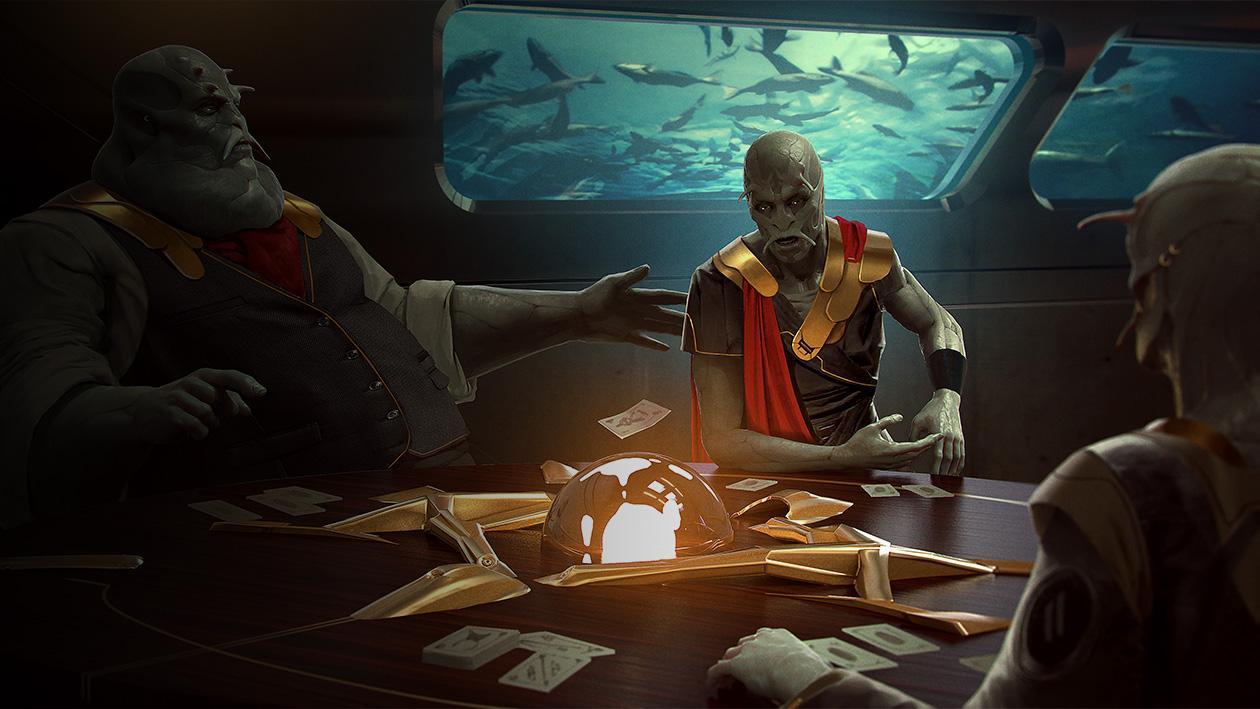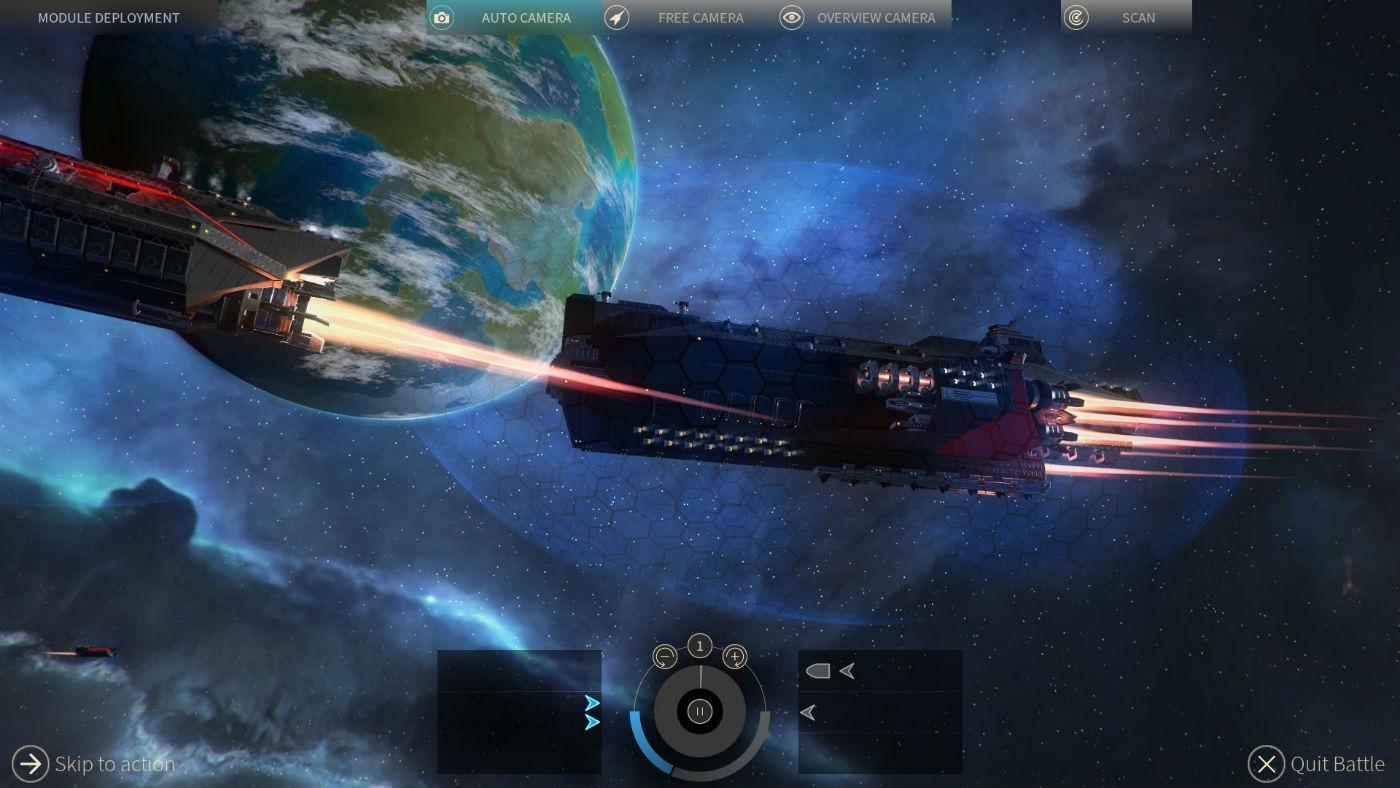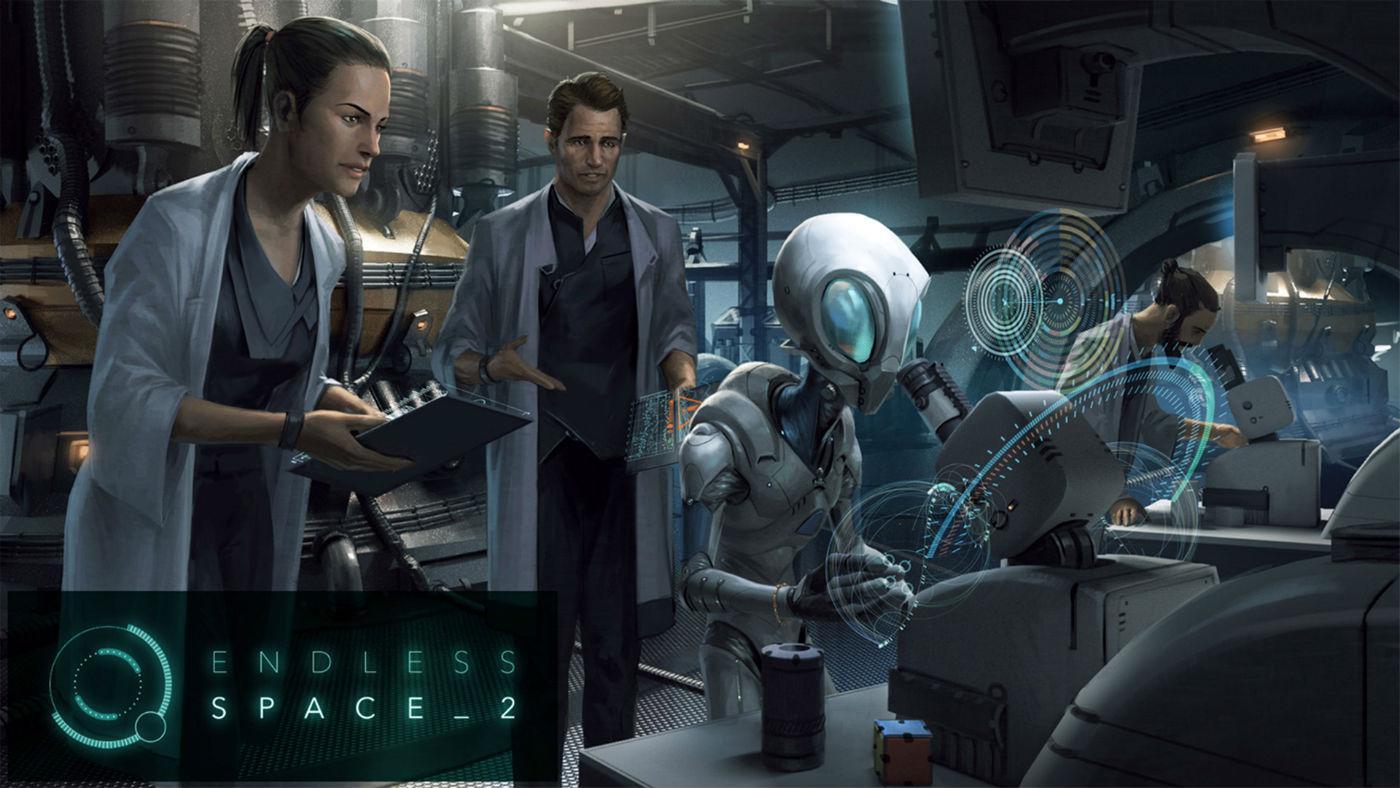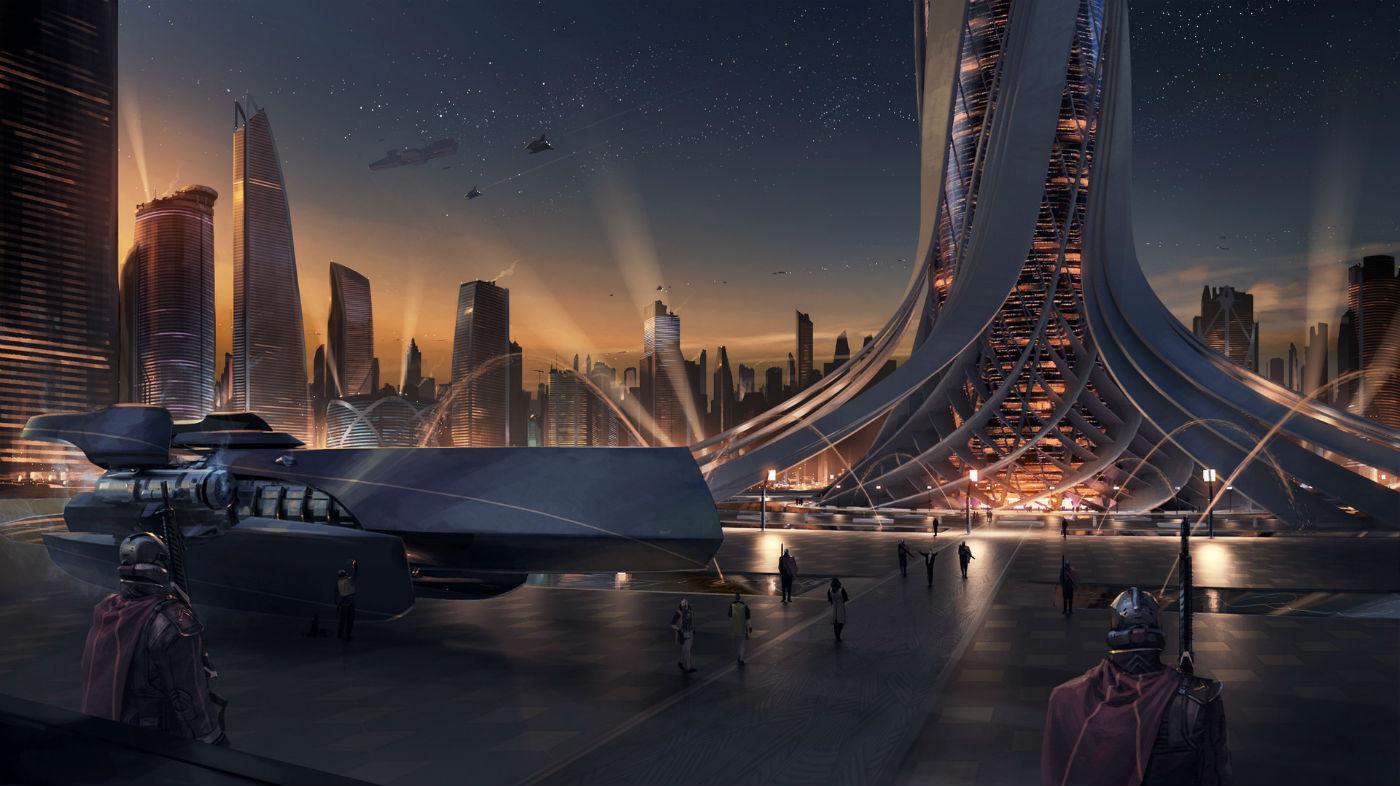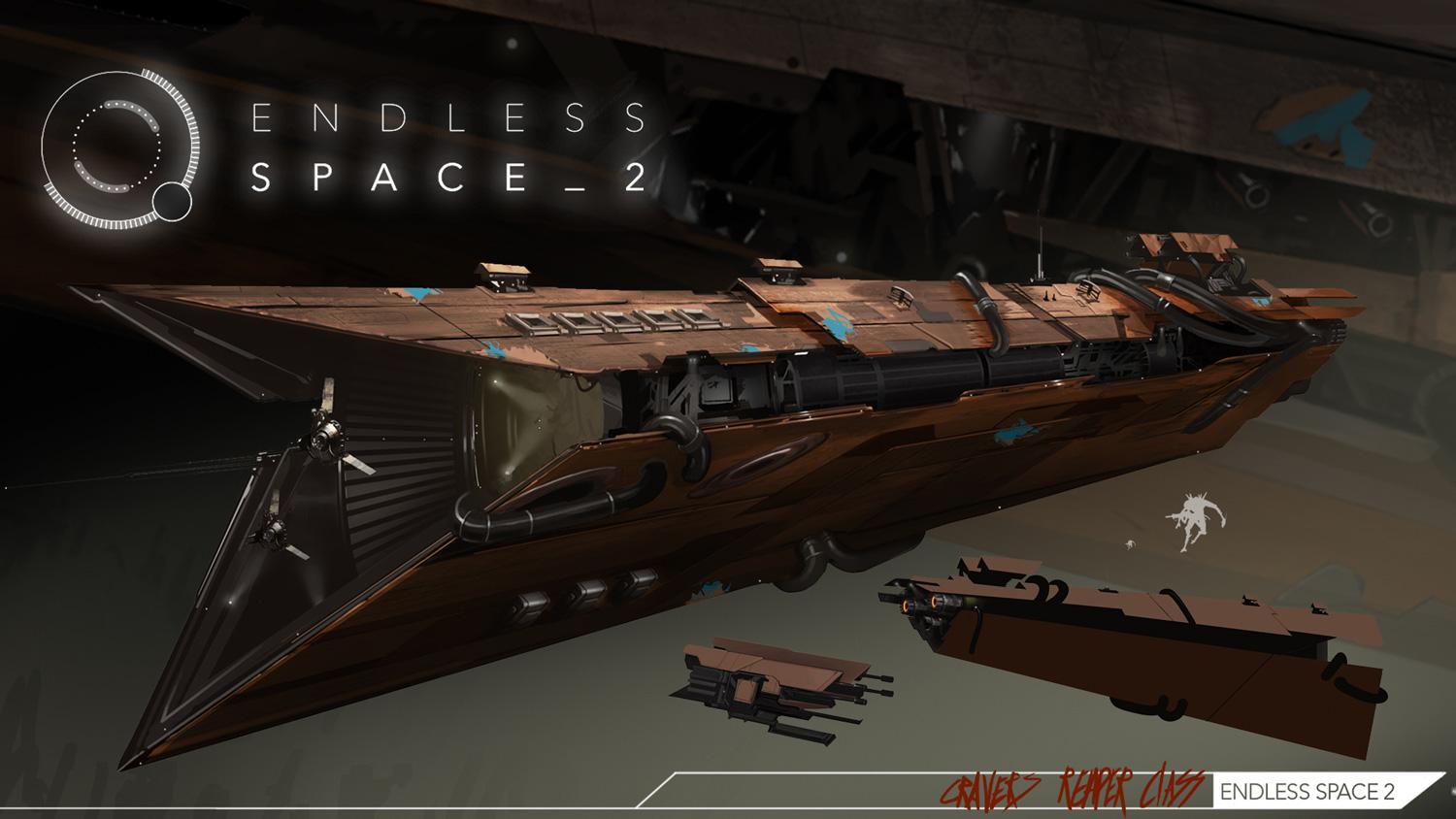Approval (or approval) dictates how effectively your people will do their job. Many buildings and improvements will give you additional bonuses if the residents are happy or euphoric (more than 90% approval). On the other hand, low or no approval leads to many obstacles, including uprisings and riots. If one or more systems maintain very low approval levels, this could lead to the creation of a separatist faction that you have to fight against.
Citizen approval has 5 stages:
1. 0-10% Rebel, minus 75% food production and influence.
2. 10-30% Dissatisfied, minus 50% food production and influence.
3. 30-70% Satisfied
4. 70-90% Happy, Additional 25% food production and influence.
5. 90-100% In ecstasy, Additional 50% to food production and influence.
There are many ways to improve system and empire approval. Above all, choose planets that have a friendly environment and are livable. For example, these types are: Forest, Northern, Atoll planets, Jungle, Terrestrial or Oceanic. Also pay attention to the anomalies present there.
1. The first thing you can do is build the corresponding buildings. For example, Infinite Supermarkets, which give +20 to approval, or the Obelisk of Memory, which gives +10 to approval and +6 to influence (a unique structure, you get it as a result of one of the random quests).
2. In addition, heroes often have skills that affect approval in the system (green general skill tree or racial skill tree).
3. Certain deluxe resources also give you an approval bonus. For example, Transvine gives +40 on the planet, and Bluecap Mold gives +10 (+1 additional food and dust per population). Remember that you need to control the planet and it must be colonized by you for the effect to be applied to the system.
4. Some deluxe resources can be added as a component to a higher level of development of the system, which will also improve the approval of the population.
5. In addition, some races have their own bonuses. For example, a minor race of Kalgeros gains +2 approval points for each member, and another +4 if a member of that population lives on a fertile planet (up to +6 on the correct planet per member).
In terms of the population, if a favorite ideological group of the population is part of or leads the government, the system also gains a bonus to approval (for example, the majority of the population are pacifists, and pacifists are also the ruling party). This bonus is proportional to population size and ideology support. The last group of buffs is the characteristics of the races (the Lumerias have the Optimistic II trait, they get +20 to approval in all systems), and the effects of random events or specific race events.
On the other hand, there are many negative factors. You can easily avoid them if you are wise in your plans to build and develop your empire. Early on, avoid colonizing all systems (if you can), especially those with only nasty, barely habitable planets such as gas giants, icy, lava, or barren planets. Pay attention to what anomalies are present on the planets. Mixed anomalies can be neutralized quite quickly, however, to get rid of negative ones, some technologies of the highest level are required.
Crowded planets also have a bad effect on approval points. In this case, you can emigrate units of the population to another place (to another planet of the system or to another system); expand the planet to be able to accommodate more population; or introduce pacifist rights, which will reduce this problem to nothing (but this is difficult, since a party must very often be elected to open this right). Over-colonization also hurts acceptance among your population. The more systems you have gone beyond the limit, the greater the penalty for your systems. You can find appropriate technologies to increase this limit, or get rid of systems that you find least useful. In addition, certain events or quests can reduce the level of approval in your colony or throughout the empire. The population of a system may also feel dissatisfied if their party is not a member of the leading political parties in the system. Refusing a truce also results in negative approval from the entire empire for some time.
Approval status - Rebel. If you allow a situation where the approval of your subjects drops to 0-10%, they will begin to rebel (1)... Next to the approval, you will see a counter for the time until the start of the uprising. You now have two additional buttons (2): Suppress a rebellion, which adds extra moves before the outbreak at the expense of the population, or seduce, which allows you to spend a certain amount of luxurious resources to please the locals. In addition, you can thwart the situation in the following ways: build additional buildings, bring a hero (which will improve approval), or reduce the population in the system. On the home screen, you will also see a counter above the system name (3)... In addition to the number of moves remaining, you will also see a circular red indicator that will remind you of the remaining time before an unpleasant event.
If the time before the uprising runs out, a fleet will appear in orbit and will try to conquer the planet. (4)... The fleet will begin a blockade and then invade the planet. If the invasion is successful, the system will become hostile for all factions, and it will be impossible to start negotiations with it (the panel with the planet's name will turn light gray, where other neutral planets have a dark gray designation). Only the military solution remains. Now you must send your fleet and take over the system in order to regain control. To avoid an invasion of the planet, you must send a strong flotilla there in advance. She will deal with the rebels in space before they can attack your system.

